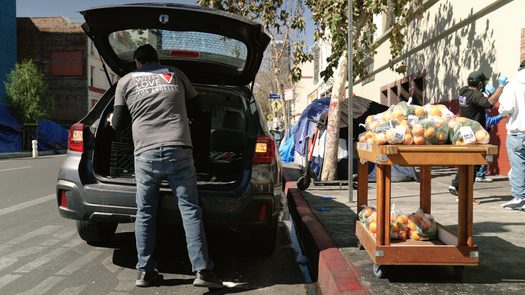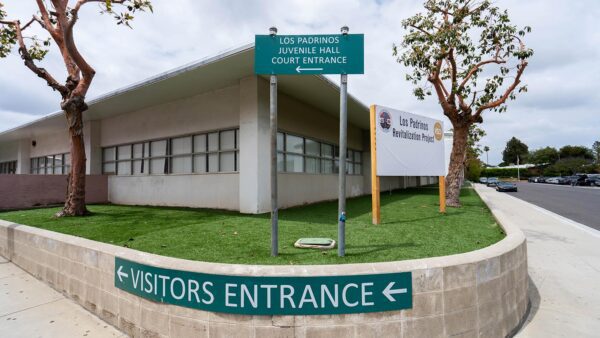By Suzanne Potter, Producer
Despite the roaring economy, food insecurity got worse in 2022 – nationally and in Los Angeles County.
New data from the U.S. Department of Agriculture shows 12.8% of American households were food insecure last year, an increase of more than 2.5% from 2021.
And, a recent report from the University of Southern California found that more than a million households in LA County are food insecure.
Alba Velasquez, executive director of the Los Angeles Food Policy Council, said inflation is partly to blame – as the cost of living in California has gone up 19% since 2020.
“So there’s been an increase in housing, in your utility bill, in food,” said Velasquez, “without seeing an increase in livable wages.”
And inflation rose even as millions lost their jobs during COVID. So food pantries have seen an increase in demand.
The most recent state budget put $35 million into the Market Match program to help low-income families afford fresh produce at farmer’s markets.
In addition, families on Electronic Benefit Transfer (EBT) – also known as food stamps – saw a steep drop in their monthly benefits once the pandemic emergency ended.
Velasquez said that means rates of food insecurity will be even worse for 2023.
“During COVID, there was an increased allotment for EBT recipients that was between $36 and $95 per month,” said Velasquez. “It was an emergency, temporary allotment that ended this last March. And so now we’re in a deeper crisis.”
The issue will come up again in the next few months as legislators hammer out a new farm bill, which provides funding for food assistance. Some conservative lawmakers have called for significant cuts in Supplemental Nutrition Assistance Program (SNAP) food benefits.







